Majority of people don’t know about how to overcome analysis paralysis. It is typical for people to give some thought to their options before making a decision, especially an important one. That is perfectly normal.
But what if you have trouble balancing the scales when weighing your options? The result is that you spend so much time considering the possibilities that you never make a decision.
Are you familiar with this? This is known as analysis paralysis.
When you suffer from analysis paralysis, you tend to spend hours researching the best option. You can see it with relatively small purchases, such as the microwave you purchase or the pastry you purchase at the coffee shop.
It’s common to worry that after carefully weighing the pros and cons of a particular job offer, you’ll still make the wrong decision. If you’re trapped in a never-ending loop of “what if…” scenarios, you end up becoming overwhelmed that you cannot make any decisions.
Paralysis by analysis is much more painful than it should be. Here are 10 tips to overcome analysis paralysis and breaking the habit of overthinking everything.
Read: Rumination Disorder
How to Overcome Analysis Paralysis
1. Recognize the problem
It’s important to think through big decisions and their potential impact on your life before making them. Is it possible, then, to tell the difference between rational decision making and analysis paralysis?
Therapist Vicki Botnick in Tarzana, California, offers the following perspective:
When making a decision, we usually develop a list of all possible options as quickly as possible. After that, we narrow down the list by crossing out outliers and selections that seem obviously inappropriate.” She continues to explain that this process of elimination will typically take place in a relatively short period of time.
It is not unusual for significant decisions to take a few days. Nonetheless, Botnick says that with analysis paralysis, you might feel as though the possibilities are endless. “They seem endless, and all of them are equally probable,” she adds. There’s nothing wrong with feeling overwhelmed when you feel you need to choose between many options.
Considering all of these options at once can prevent you from making a decision, even if they all have merit.
Read: How to Deal with Loneliness
2. Examine your reasons for overthinking
Understanding your reasons for overthinking can help you make choices. Did a previous decision not go as well as you had hoped? If you recall that decision, you might find it hard to trust yourself.
Perhaps you worry that other people will judge you for making that choice. Additionally, you could worry that making the “wrong” choice will affect your future or relationships with loved ones. (It can be especially difficult to make a decision that will affect others.)
Making a decision can be challenging for many people. It will help you break the pattern of researching and analyzing options for nearly every decision you make if you are aware of why that occurs.
3. Take small steps quickly
Make decisions without giving yourself much time to think if you find it difficult to make them without much thought. Initially, this might feel frightening, but with practice, it becomes easier.
Test your decision-making skills in small ways, Botnick advises. For example:
- Go to dinner without consulting online reviews.
- Make sure you don’t talk yourself out of picking up the brand-name cereal.
- Go for a walk without deciding on a route in advance. Instead, let your feet lead you.
- Instead of spending an hour deliberating on what to watch, pick the first show you see on Netflix that catches your attention.
“You might feel some anxiety, but you can let it flow through you,” Botnick suggests. “Feel free to explore the idea that a quick, decisive action with little impact might be fun, even transformative.”
You can become more comfortable with making big decisions if you practice making small choices. Taking smalls steps will help you to overcome analysis paralysis.
Read: How to Deal with Frustration
4. Do not let decisions consume you
It may seem like the best way to reach an answer is to think for a long time. But overthinking can actually harm us.
“Analysis paralysis affects the nervous system and increases overall anxiety, resulting in symptoms such as heart palpitations, high blood pressure and panic attacks.”
When you devote most of your mental energy to decision making, you might have trouble concentrating on school, work and your personal life. If you need some time to think about your decision, set some limits around the timeline. Perhaps you should give yourself a week to think about it, then set aside some time every day to reflect.
Then concentrate on your decision: Do your research, write down pros and cons and so on. When you have used up your daily time (say, 30 minutes), move on.
5. Develop your self-confidence
What can no one else tell you about yourself?
You, of course.
A tendency to doubt yourself and worry that all of your decisions will be bad can occur if some of your previous decisions have had less than positive results. Put this fear aside and focus instead on what you’ve learned from these mistakes.
Consider this a chance to learn more about yourself and not another potential failure.
You can do this by:
- Using positive self-talk
- Reflecting on successful decisions
- Allowing mistakes to happen
Read: What is Self-esteem
6. Trust your instincts
Some people have difficulty trusting their instincts, but if you let them be your guide, they can serve you well. Most instincts are based on lived experience and emotions rather than logic.
You may be hesitant to let your feelings guide decisions if you usually rely on research and logical reasoning. It is certainly essential for some decisions to be based on facts, especially when it comes to health and finances.
It is also important to consider how you feel when it comes to more personal matters, such as whether or not to continue dating someone or where to settle down.
Your emotions can tell you a lot about a particular situation that is unique to you, so believe what your emotions are telling you.
7. Embrace acceptance
Acceptance involves two main steps in the case of analysis paralysis. First, you need to feel your discomfort. It’s exhausting for your brain to keep thinking and analyzing all the time.
If you don’t break this pattern, you’ll only feel overwhelmed and more frustrated. Accept that you may not know what the “right” solution is instead of trying to find it.
If you cannot decide where to celebrate your anniversary, accept that you may not know what the “right” solution is. You can choose from many good locations, but there is no perfect one. Choose one place from the places you considered in a minute (and only a minute!) no matter how uncomfortable you feel.
That’s it! You’re done.
The next step is to accept your resilience. There’s no need to worry if your date wasn’t flawless or the place you chose had some flaws. There’s a chance you can share a funny story after you recover.
Read: How to Stop Overthinking
8. Learn to live with uncertainty
It is likely that you will have more than one choice when making decisions in life. It is impossible to know how different choices might have turned out if you make one choice – but that is the way life works. Everything is uncertain.
It is impossible to anticipate every possible outcome. You cannot get a full picture of what you need in this moment without doing some research. Even though uncertainty can be frightening, no one can predict what the future will hold. Therefore, it is so important to trust your instincts and to follow other strategies for making good decisions.
9. Take a break
Analysis paralysis involves ruminating or repeatedly thinking about the same thing. Generally, overthinking does not lead to new insights. Continually analyzing possibilities when you are tired and overwhelmed ultimately causes “paralysis,” or the inability to make a decision.
Try to go in the opposite direction rather than keep thinking.
Find an enjoyable distraction that helps you relax so you can get some distance from your dilemma. It may help to do something that requires some mental energy if you don’t want to think about the decision for a long time.
Try these to overcome analysis paralysis:
- Reading an interesting book
- Talking with friends and family
- Completing an unfinished project
You can also distract yourself by doing mindfulness exercises, such as yoga and meditation. Overthinking can be countered with regular practice of mindfulness by learning to observe distracted or distressing thoughts without reacting to them negatively or becoming overwhelmed by them.
Read: How to Calm Anxiety Attacks
10. Focus on bigger goals
Perhaps you have outgrown your routine if you obsess over every small detail, even if it makes no difference. Focus your efforts on something more important.
I see obsessing over little things as an indication that I have overflowing energy that could be put to better use. Honestly, I would ask myself, “What are my biggest goals right now?” That is the question I would ask myself. No matter what the project was, I would work on it immediately, whether it was producing new articles or producing new videos. The more I focus on my bigger goals, the more perspective I gain and the more decisive I become with the little decisions.
What are your goals for the next few years? If you have a tendency to become analysis paralyzed, here is a question for you: What are your goals? Do you have any goals you are procrastinating about? Start working on them now. Getting more experience and gaining better decision-making skills comes from shifting your focus to higher level goals.
11. Seek therapy
Analysis paralysis happens because of anxiety.
An excessive amount of worry, fear, and rumination can become a cycle that is hard to disrupt on your own.
When you’re having trouble stopping overthinking, you can ask a therapist for help:
- Find out what triggers it
- Come up with a plan for changing it
- Deal with any emotions that cause you to overthink
It’s especially important to get professional help if you find that you have trouble making important decisions, which affects your quality of life, work or relationships.
Seek help: Mental Help Resources
To summarize
Considering your options is fine. Taking a closer look at the reasons why you are consistently indecisive may help you to overcome analysis paralysis. You should try out a little impulsivity when you really have to make a decision. Follow the path that makes sense to you.
It never hurts to try something else if something doesn’t work out as you hoped!
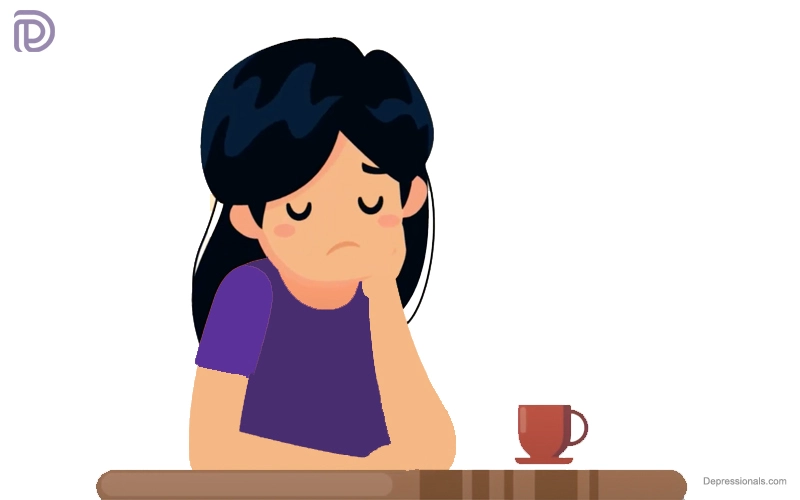
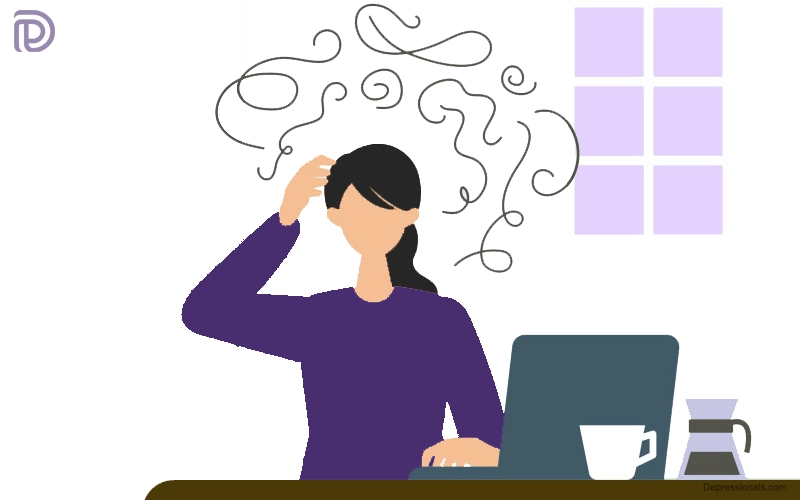
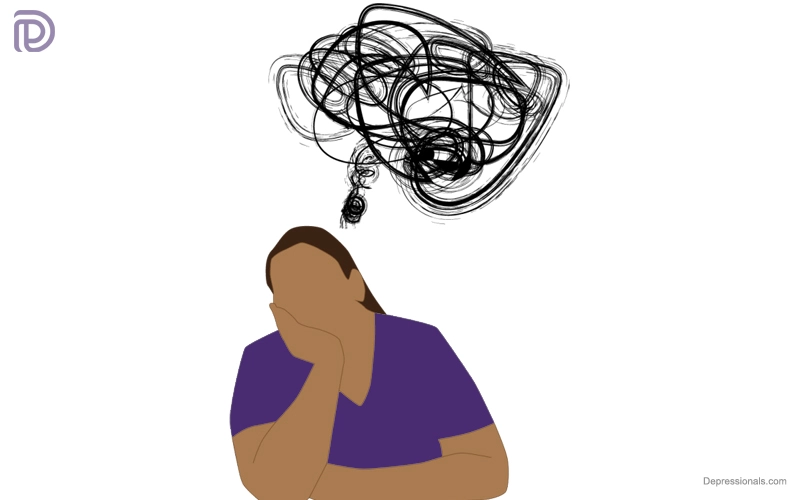
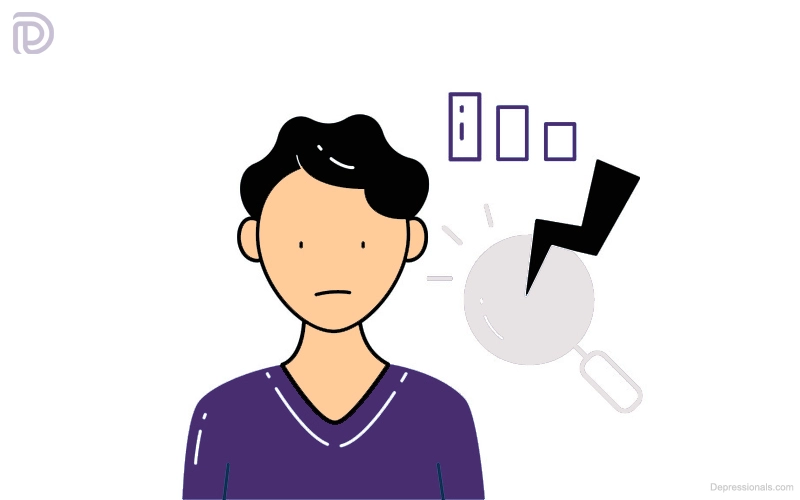
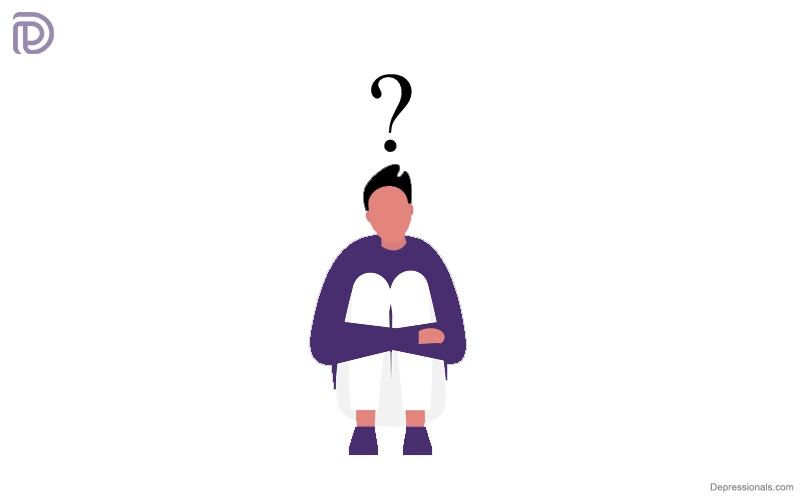

You have remarked very interesting details ! ps decent web site.
I get read your own article. It’s extremely helpful. We will benefit a great deal from the item. Fluent
of course I like your website and I’m finding it very bothersome to tell the truth on the other hand I?¦ll surely come back again.